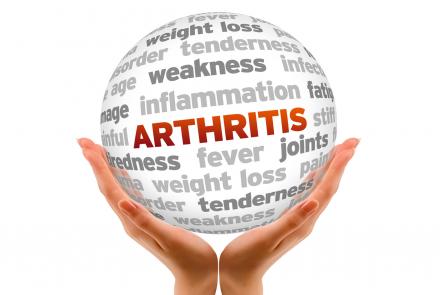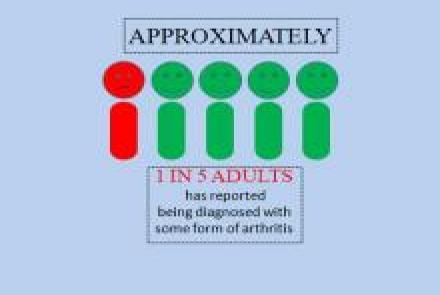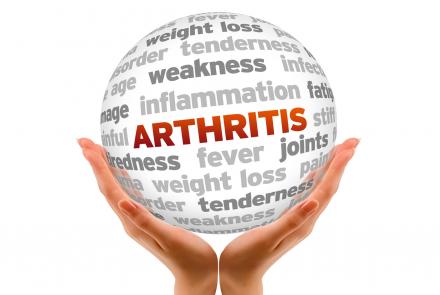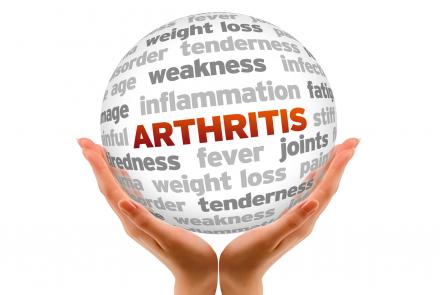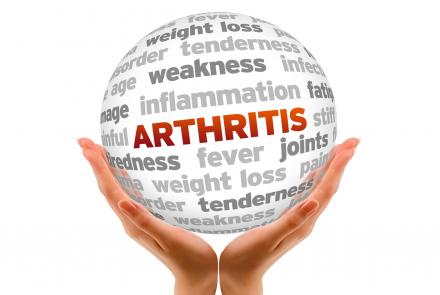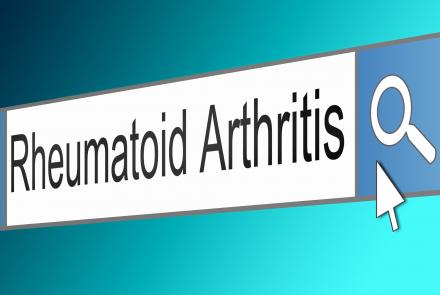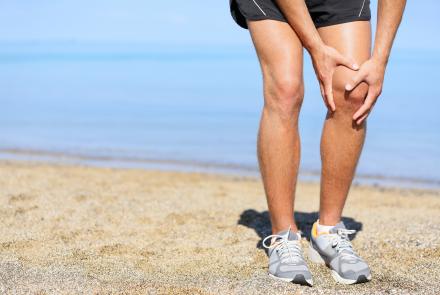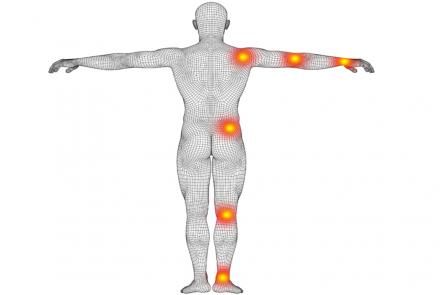
Who should have a Hip or Knee Replacement Surgery and what are the alternatives available? Dr Shital Raval suggests factors to help you make a decision.
Let us evaluate the various options available and the factors to consider.
Arthroplasty
Total hip replacement surgery is also known as Total Hip Arthroplasty while a knee replacement surgery is called Knee Arthroplasty (can be partial or total).
Both are common and effective procedures for hip and knee arthritis.
These are elective procedures that are chosen by the patient. Joint replacement surgery can improve joint function, lifestyle and also help reduce pain.
Remember, such elective surgeries can be done at any time and patients should not be pressured to undergo it.
Who should consider it!
- Patients who have tried all non-operative treatments* with minimal relief.
- Patients with continual groin or knee pain due to arthritis.
- Patients with grinding bones or friction and cartilage thinning.
- Instability/loosening of the joint causing falls.
- Patients who have difficulty in daily life with walking, climbing or bending.
- Patients who are unable to sleep due to the intense pain.
Who should avoid getting it done!
- Patients with mild or early arthritis, surgery is not recommended. Best to try all other avenues of treatment first.
- Although infection with hip replacement is rare, if there are any indications of infection, surgery will be postponed.
- Surgery can temporarily worsen any underlying heart or lung conditions, so a thorough assessment of the patient’s ability to recover is required.
- People with muscle weakness disorders such as Parkinson’s Disease are less suitable candidates because they have lesser chance of recovery.
- Patients with blood clotting disorders are advised to be very cautious and avoid risky surgeries.
*Non-operative treatment methods
These include anti-inflammatory medications, weight loss, physical therapy, steroid injections, heel wedges, unloader braces, prolotherapy or injections of the hyaluronic acid gel.
Complimentary therapies such as acupuncture, diet, yoga, meditation, etc. are also found to be beneficial. Cutting edge treatment can now include stem cell replacement in the knee to promote cartilage growth.
Osteotomy
Another surgical alternative to joint replacement is Osteotomy. This involves slicing and realigning the bone such that the weight is shifted from the damaged to healthier bone surface. This is not commonly done anymore due to poor results compared to Arthroplasty.

